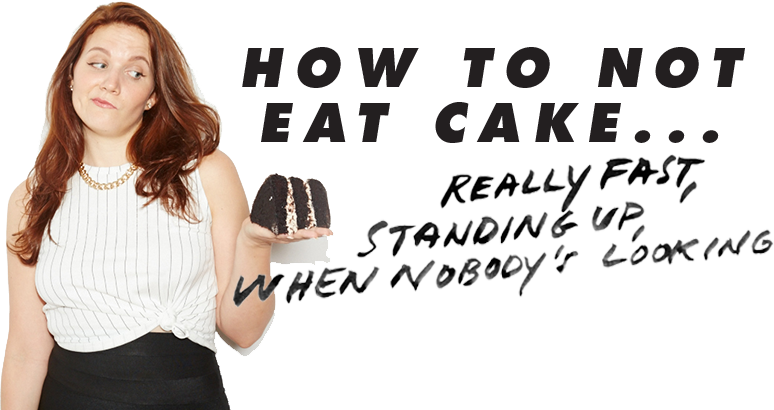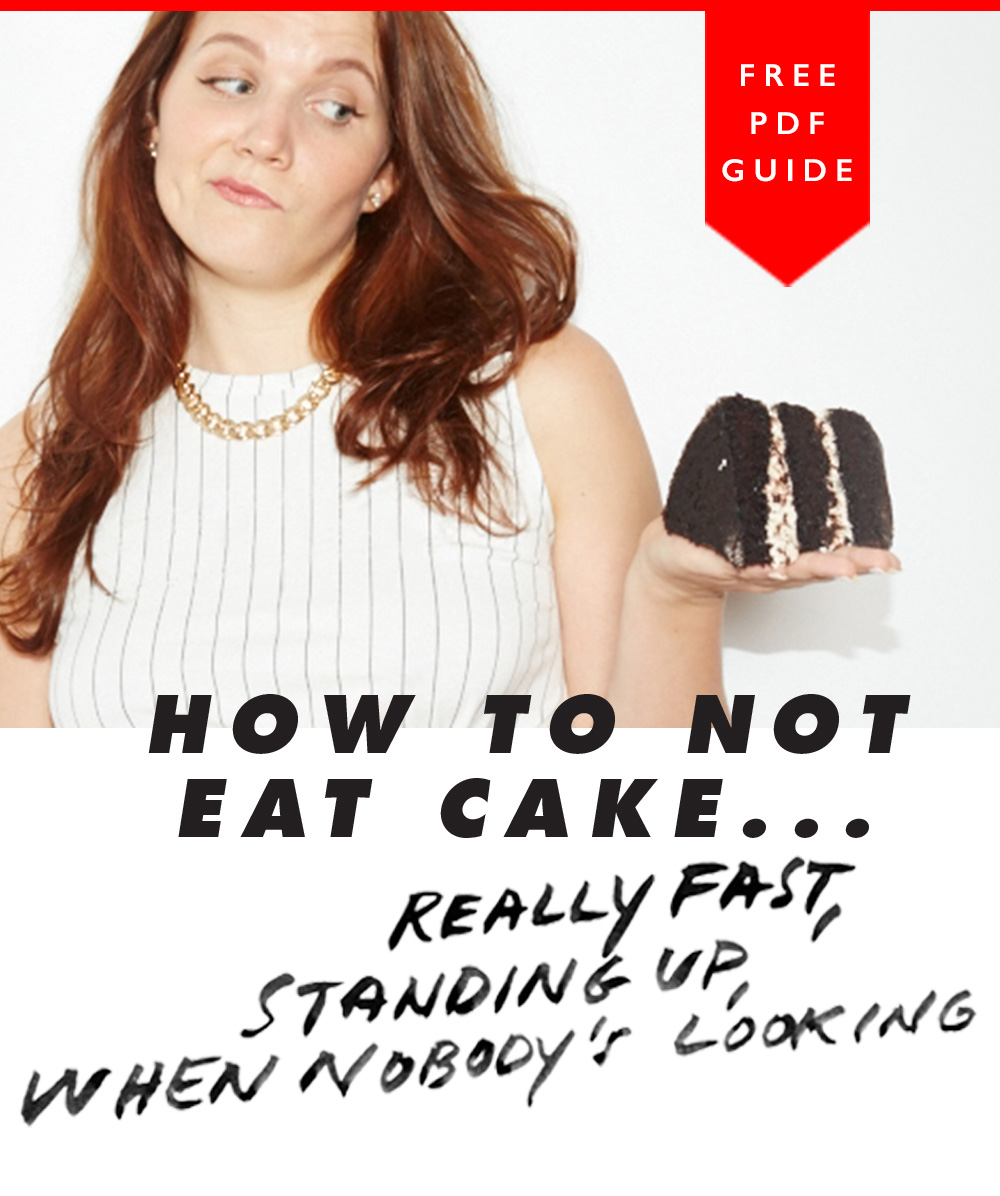
Still Binge Eating? Check for Unintentional or Accidental Restriction
If you’ve watched my video training series, you’ve likely heard me say:
Binge eating is a reaction to deprivation around food—either physical OR emotional.
Today I’d like to add to this definition:
Binge eating is a reaction to deprivation—either physical, emotional OR unintentional.
Let me explain…
A while back I was talking to a Master Class client who was struggling with binges at night.
She was very confused as she kept saying to me, “I’m not restricting anymore—I eat whatever I want—why is this still happening?”
Her immediate assumption was that she must be emotionally restricting in some way because she was 100% certain that she was not physically restricting her food for weight control anymore.
Unsure what was going on—I asked her to share more information about what she was eating on the days of these binges, and it became very clear that she was not getting enough food during the day, and especially not enough carbs.
She suffered from a gluten allergy, and was regularly skipping starch at her meals when a gluten-free alternative was not available…not because of diet-mentality, but because she was afraid it would make her sick.
Because she had a true weight-neutral desire not to feel sick after she ate, she did not consider it restrictive to ask for “no bun” with her burger or to get a salad for lunch instead of a sandwich.
That being said, she was not *replacing* the glutinous starch she wanted to avoid with a gluten-free alternative. As a result, she was regularly (accidentally) undernourished around carbohydrates, leading to binges later in the day…often on starchy foods or sweets (including glutinous foods).
This is a perfect example of what I call “Accidental” or “Unintentional” Restriction—that is, physical under-nourishment that happens without a weight-controlling motivation and/or without the person’s conscious intent.
This client thought she was making an empowered, Health-At-Every-Size choice to avoid gluten for the sake of her health (which is totally possible!), however, she was NOT making sure to replace those glutinous items with other starchy-carb options, which are *critical* to our health and satiation around food.
While gluten may be “optional” for those who have a medical reason to avoid it—carbs are NOT optional…unless you want to put your health at risk and feel chronically unsatisfied and crazy around food. Most people need ample opportunities for starch (and fat and protein) at most, if not all, of their meals.
(And if you have health concerns about carbs for medical or blood sugar reasons, read this.)
You’d be surprised how often I run into “accidental” or “unintentional” restriction when helping folks transition to Intuitive Eating.
Other common ways that people “accidentally” restrict are by…
- waiting too long to eat in the name of “waiting for hunger” (this often goes hand-in-hand with the hunger-and-fullness diet).
- Undershooting fullness/satiation for any number of reasons (e.g. because fullness is emotionally uncomfortable or because you think you *should* be stopping at a lesser, more “polite” level of fullness.)
- eating snacks instead of meals, because you’re not “in the mood” for a full meal. While there’s obviously nothing wrong with eating snacks—missing full meals, or regularly eating snacks in lieu of meals, can become problematic pretty quickly. This is the most common way I see people accidentally restrict when transitioning to Intuitive Eating—more on this here.
- not getting enough of the major macronutrients (fat, protein, carbs) at their meals because you’re avoiding a particular food for medical or ethical reasons (for instance, gluten-free folks missing carbs, vegetarian folks not getting enough protein/fat, etc.)
- not getting enough of all the major macronutrients (or simply not getting enough food during the day), because of busy schedules, convenience, etc.
This all to say, if you don’t think you’re restricting but you’re struggling with big “ups and downs” around food—check in with yourself about some of these common areas of Unintentional Restriction before making the assumption that you must be struggling with “emotional restriction” alone.
Want to learn more about the impacts of physical and emotional restriction on binge eating? Check out my video training series here.
Also, to learn more about How To Stop Binge Eating for good, make sure to check out this crucially important blog post, which covers all the basics of this approach.

